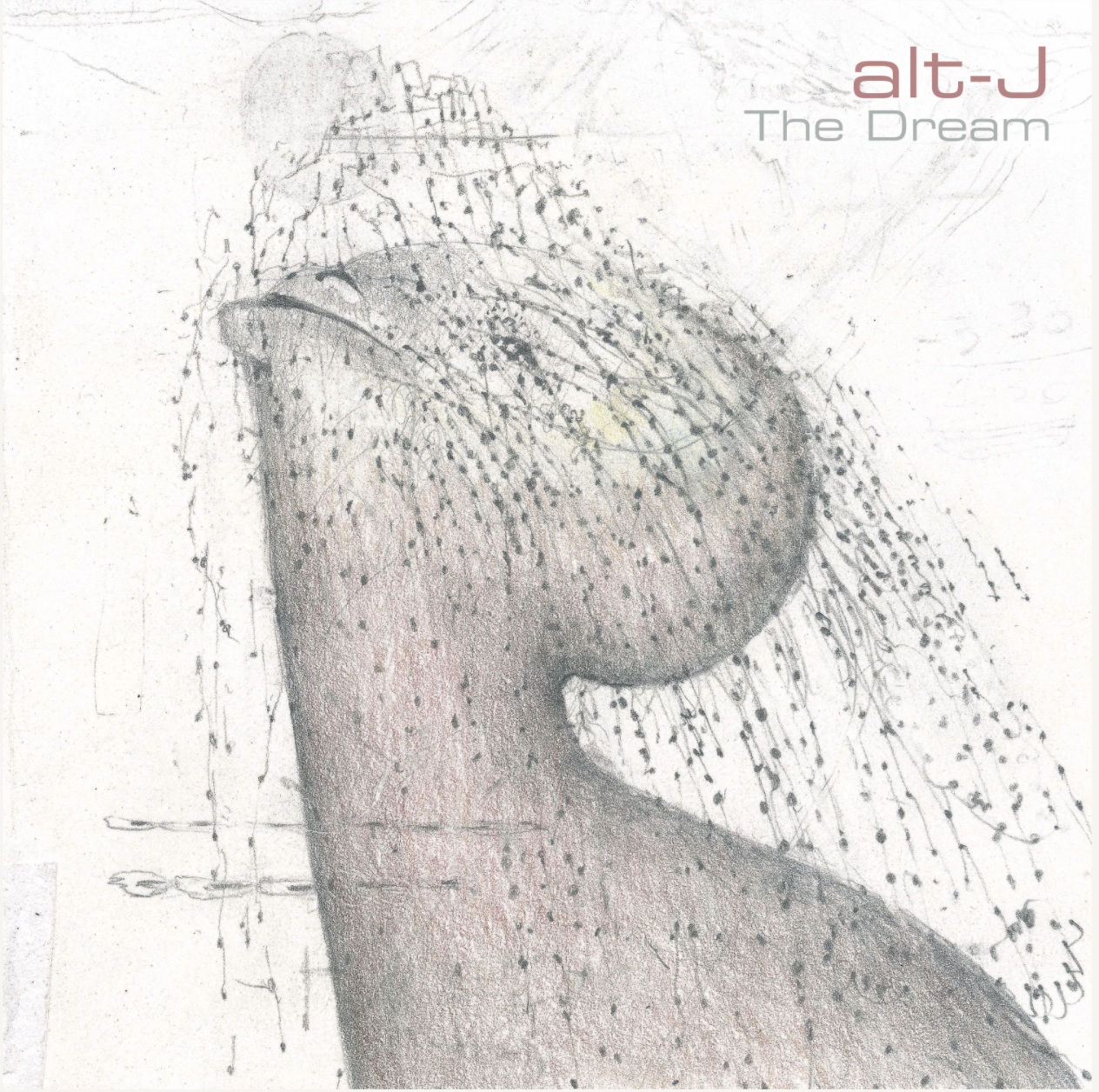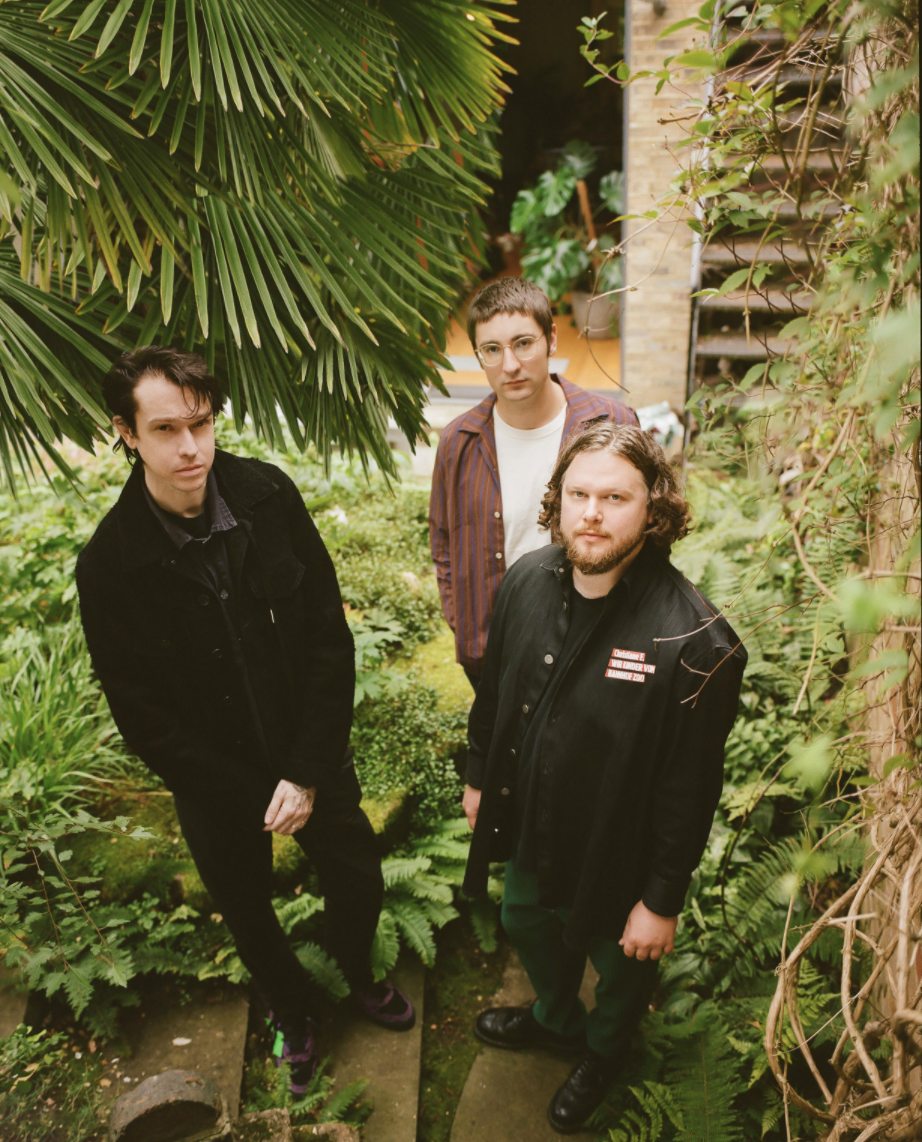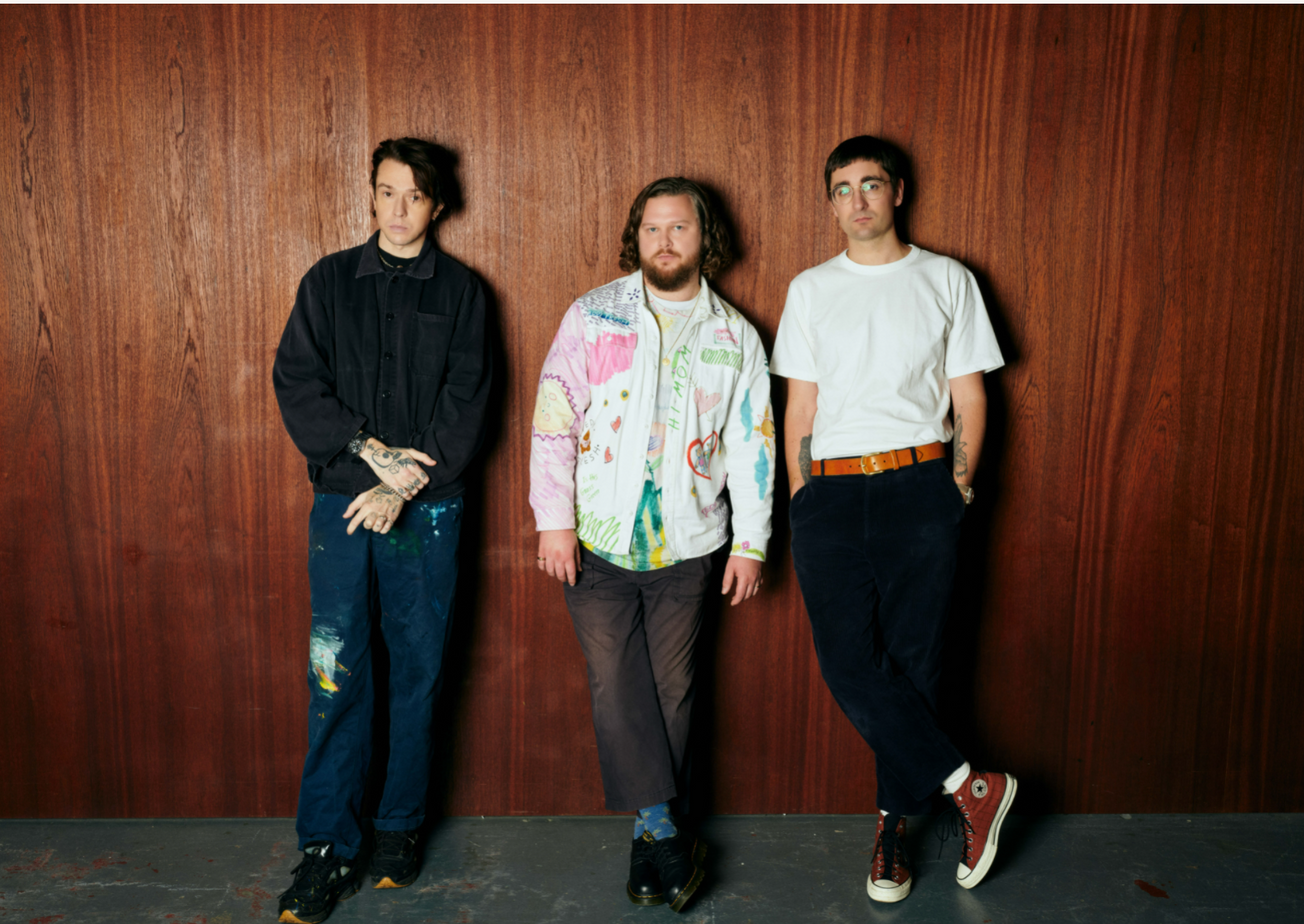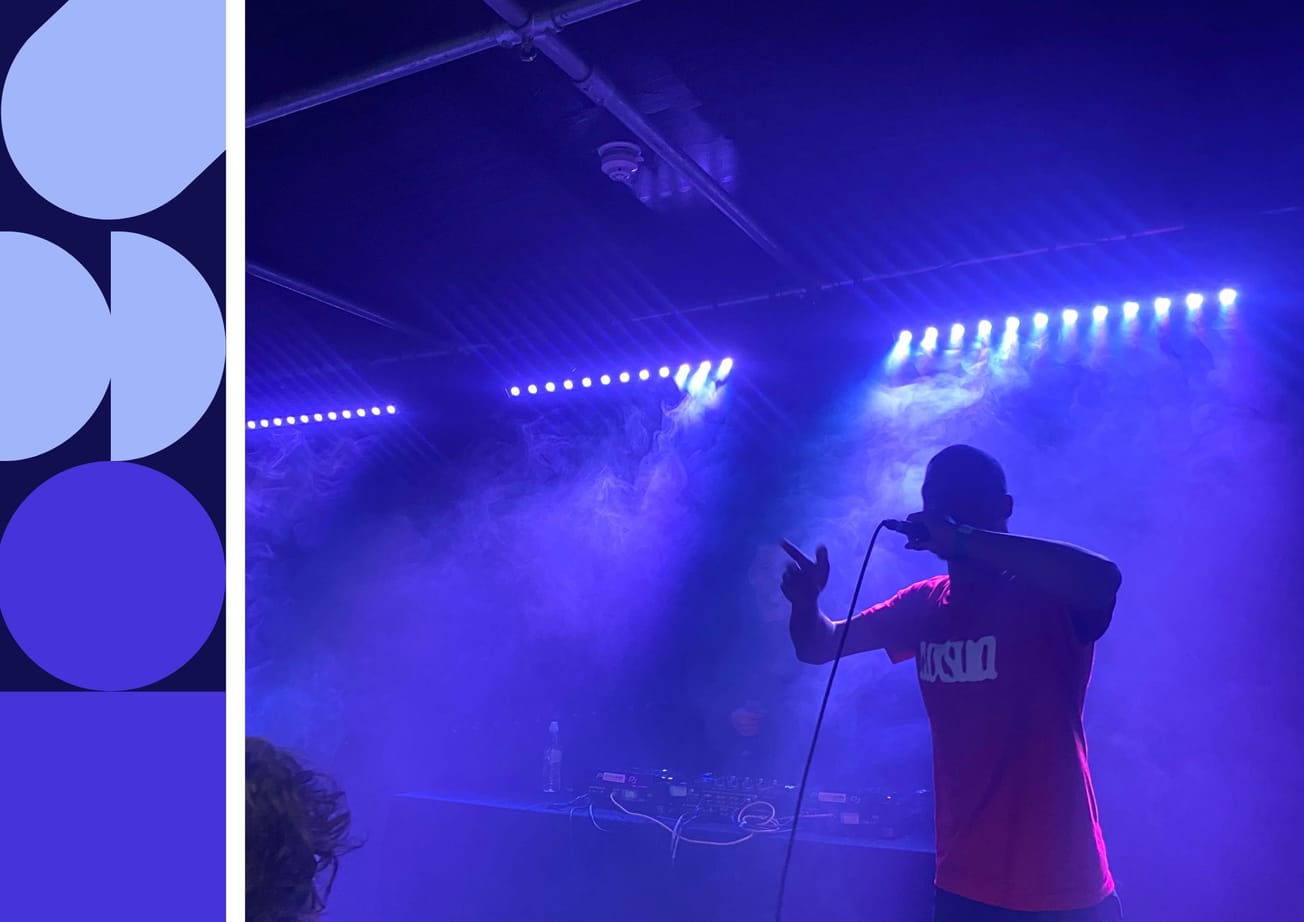By Theo Kent, Co-deputy Music Editor
As alt-J return from a four-year hiatus from releasing music, Epigram talks to the band’s lead singer and guitarist, Joe Newman ahead of the new album The Dream.
Having released the remix album Reduxer in 2018, alt-J decided to take a break from recording new music and touring. The indie trio released their first three albums within the space of five years and toured extensively, finding success in America in particular. Joe Newman, who is sat in a room of guitars, discusses the reasons for the band’s break: ‘after doing a long album tour, you’re kind of creatively depleted and actually you’re so far removed from the process of making music and even wanting to pick up an instrument.’ He added that ‘this was just an opportunity for us to have a rest’.
The break was extended again – this time out of the band’s control – when the pandemic hit just as The Dream was beginning to take shape. ‘We had to stop working; down tools, and it was frustrating’ says Newman. However, Covid allowed the band an opportunity to ‘work with no expectations’, while the music industry and the wider world were ‘focussed on the pandemic.’

Eventually, recording resumed and the album has been released today, on the 11th February, following four singles including ‘Hard Drive Gold’. Through its twelve tracks, the album explores new territory for the band, in a typically eclectic effort which draws on anything from trip-hop, to classical arrangements, to bluesy folk.
Ever since their mercury award-winning first album An Awesome Wave (2012), the alt-J ‘sound’ has been fluid, and often difficult to define. This is certainly the case in The Dream, with Newman noting that the group ‘carved ourselves out a nice corner of music where people don’t really know what we’re gonna do until we do it, and then once we do it […] it’s quintessentially alt-J-ish.’
The sentiment of emerging into better times after the pandemic is a central theme of the new album. Keen to return to live gigs once again, Newman remarks that ‘it’s been so long, it’s almost like we’ve never played on stage’, adding that ‘it’s gonna be scary getting up on stage and playing but it’s also gonna be exhilarating.’
After meeting at Leeds University, alt-J was formed in 2007 and began recording music in their first-year accommodation. Speaking of their early days at university, Newman remarks ‘you learn new ways of thinking […] that plays quite an important role in creating music.’ He also has some sympathy for current students, whose opportunities to create music may have been scuppered by the pandemic, stating that his university years were ‘the best years of my life and to have the pandemic dropped on those best years… It would change everything.’ It’s little wonder that Newman cherishes past university years when listening to The Dream, which is rife with nostalgia for the past. The opening track ‘Bane’ discusses childhood nostalgia by focussing on that inimitable fizzy beverage. Newman says the song is ‘about being brought up in a world where Coca-Cola is the symbol of capitalist indulgence, luxury, and danger’, adding ‘that’s a song where I explore my childhood in some form.’
‘Bane’ opens with a celtic-inspired guitar riff with an interesting origin. Two years ago, when experimenting with intermittent fasting, Newman noted that ‘the first week was like an outer-body experience […] you kind of got really high from not eating’. Another discovery was that Newman’s memory was greatly improved: ‘I found that when I was fasting, I could just pull riffs from something I did ten years ago. So that was actually a riff that just came to me – I just re-remembered it.’
This nostalgia in ‘Bane’ isn’t the only way that The Dream is emotionally intense; this album sees Newman writing about deeply personal aspects of his life in a way which is very new to alt-J. He mentions that being four albums in, ‘the more candid I become, or the deeper I go with opening up about more visceral, raw feelings, especially in a pandemic with ‘Get Better’ for example.’ The album’s second single, ‘Get Better’ achingly discusses the loss of a loved one, as well as the sacrifices made by essential workers during the pandemic. It’s perhaps the most tender, sad song alt-J have written, reportedly reducing bandmates Gus Unger-Hamilton and Thom Green to tears upon first hearing it.

After a four-year hiatus, alt-J return with their new album The Dream, which has been released today.
Featured image: George Muncey
Have you heard alt-J's new album yet?









